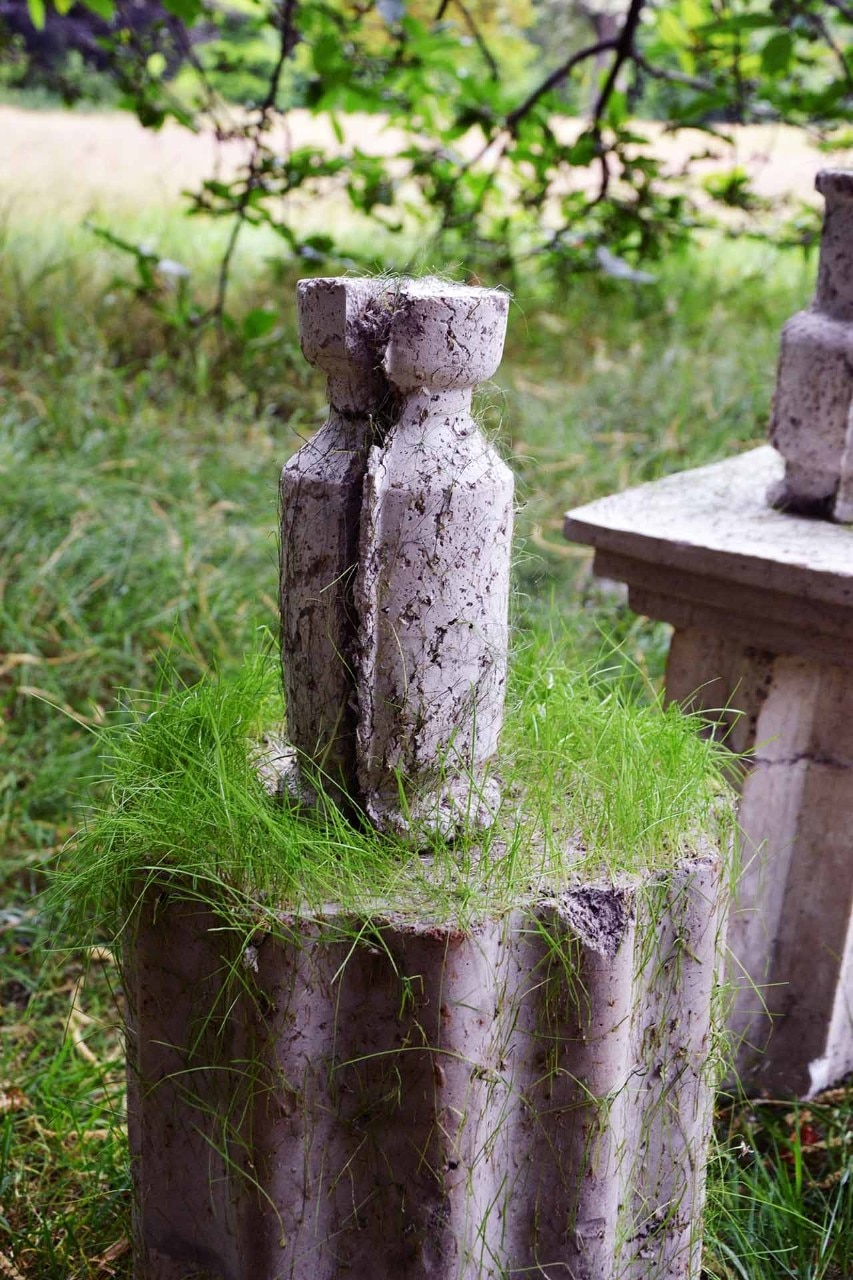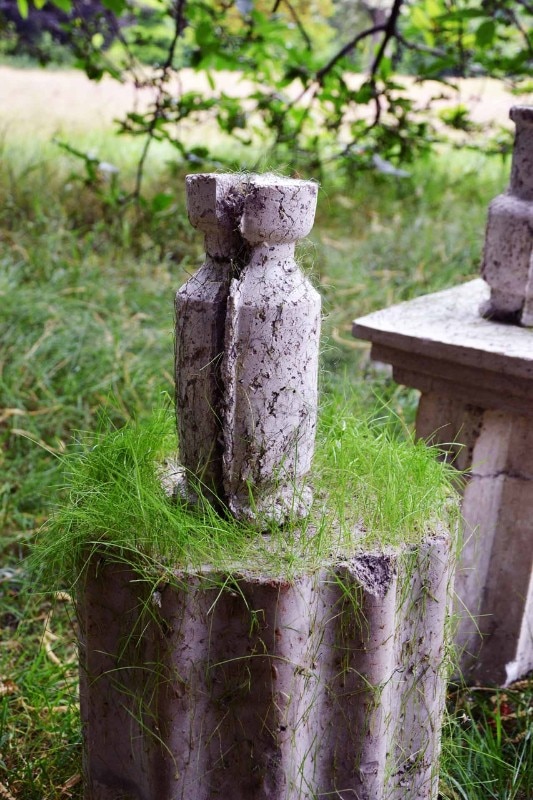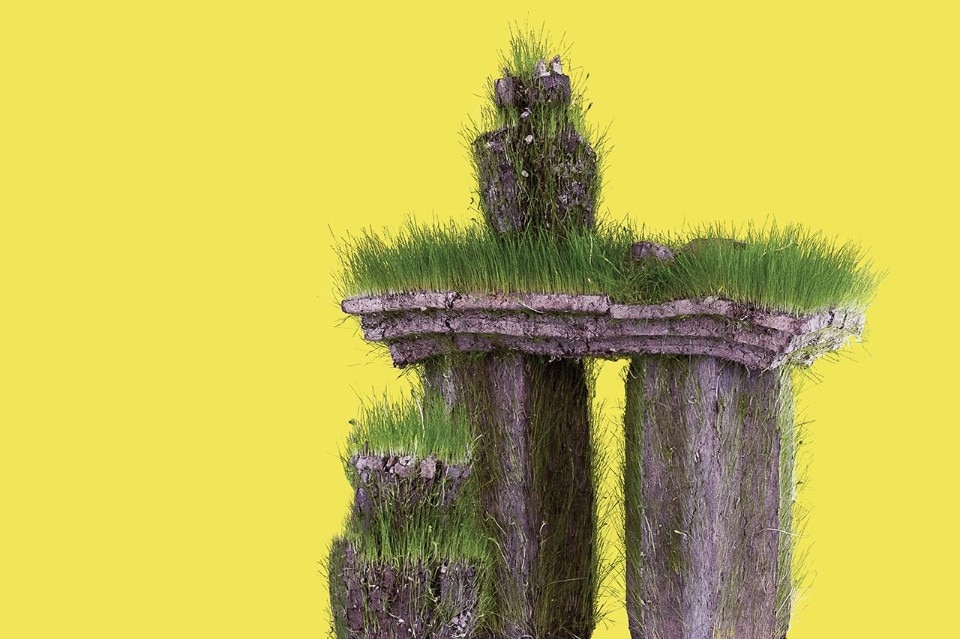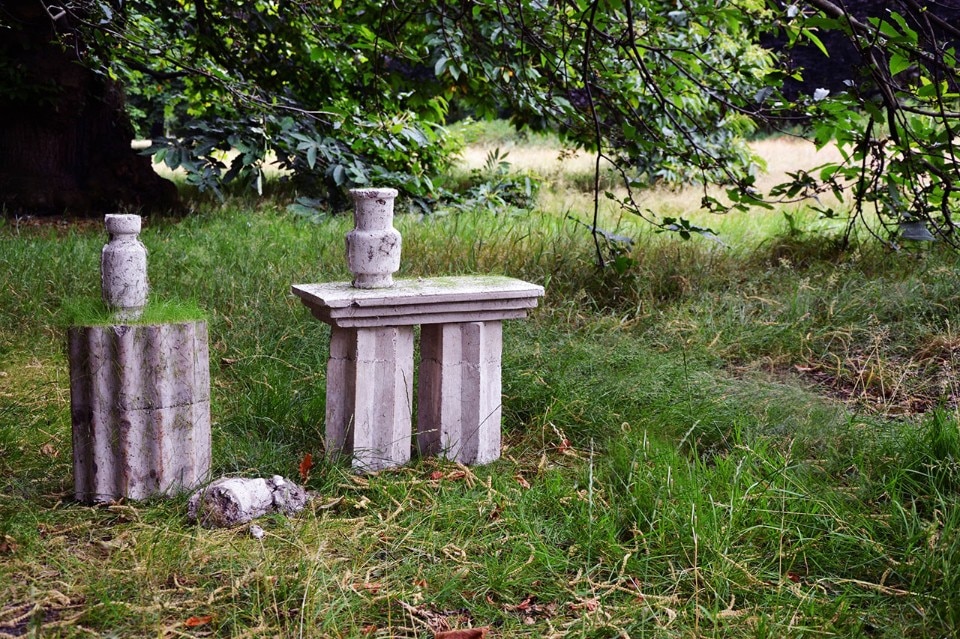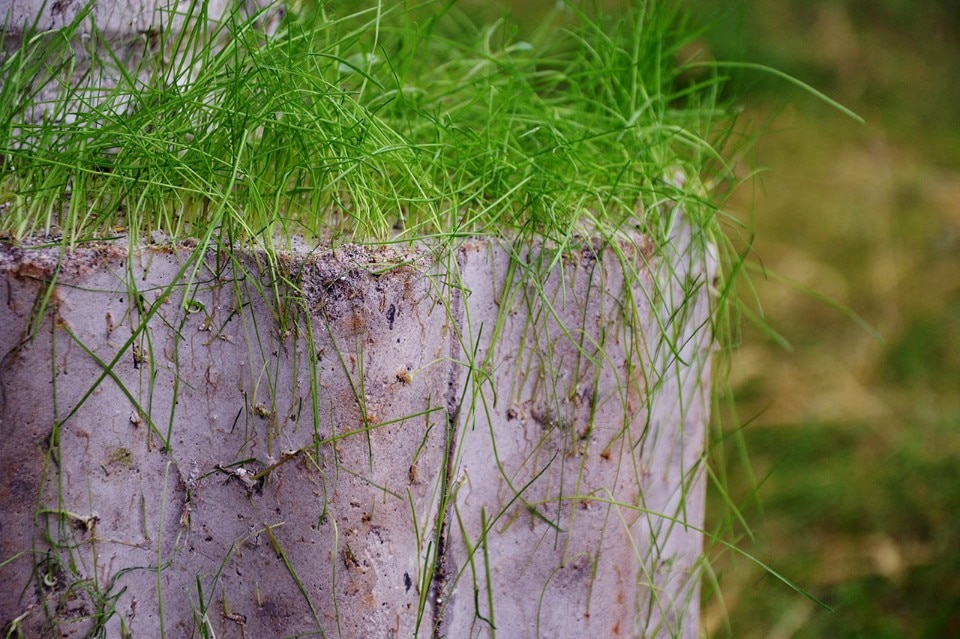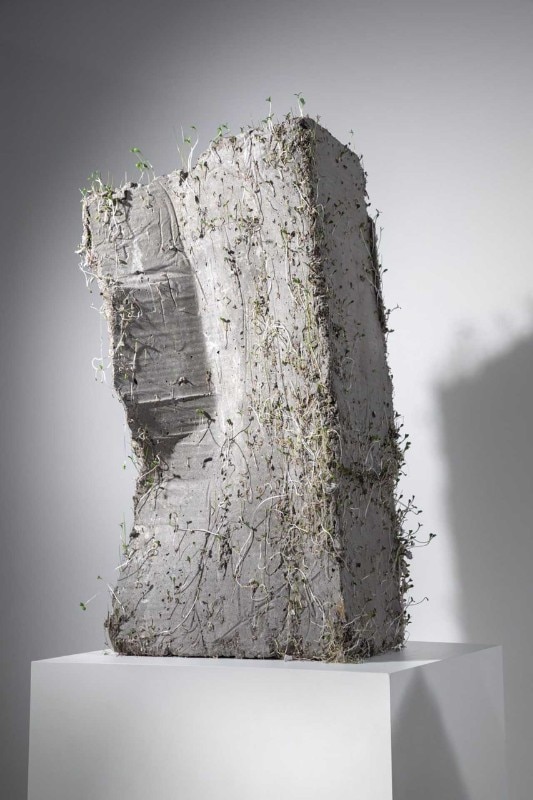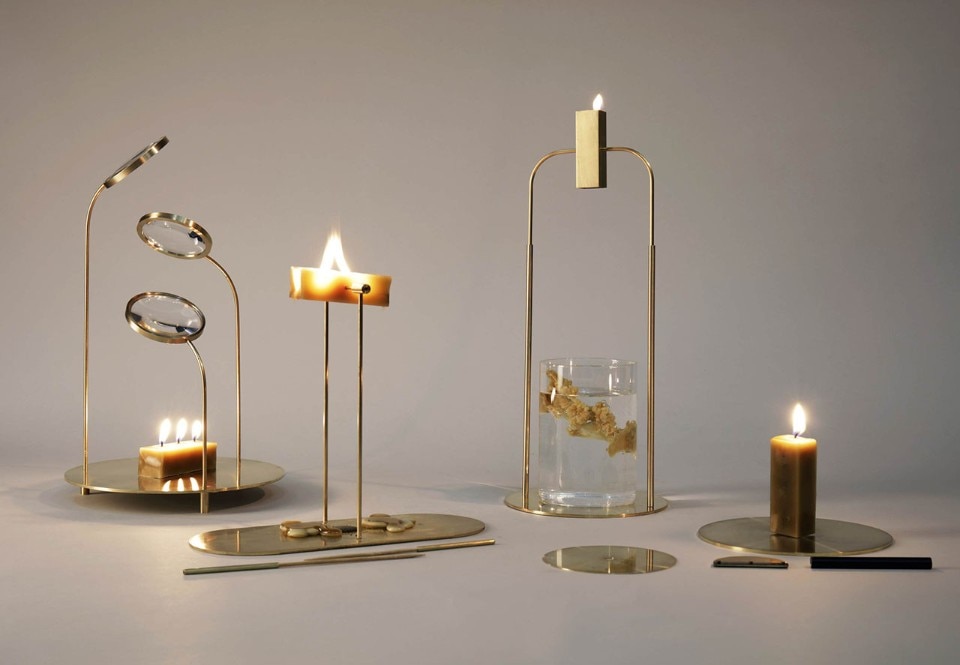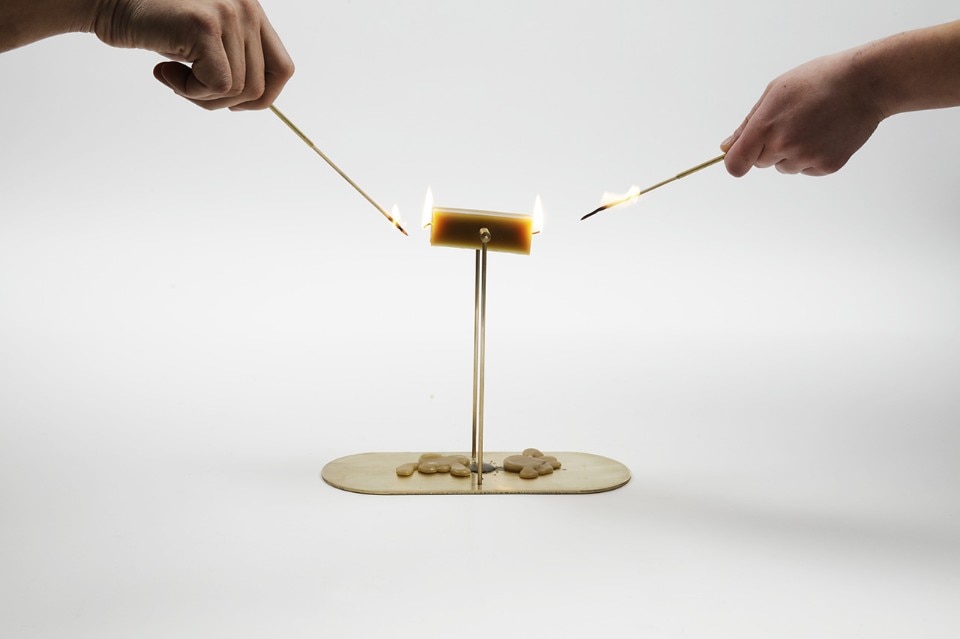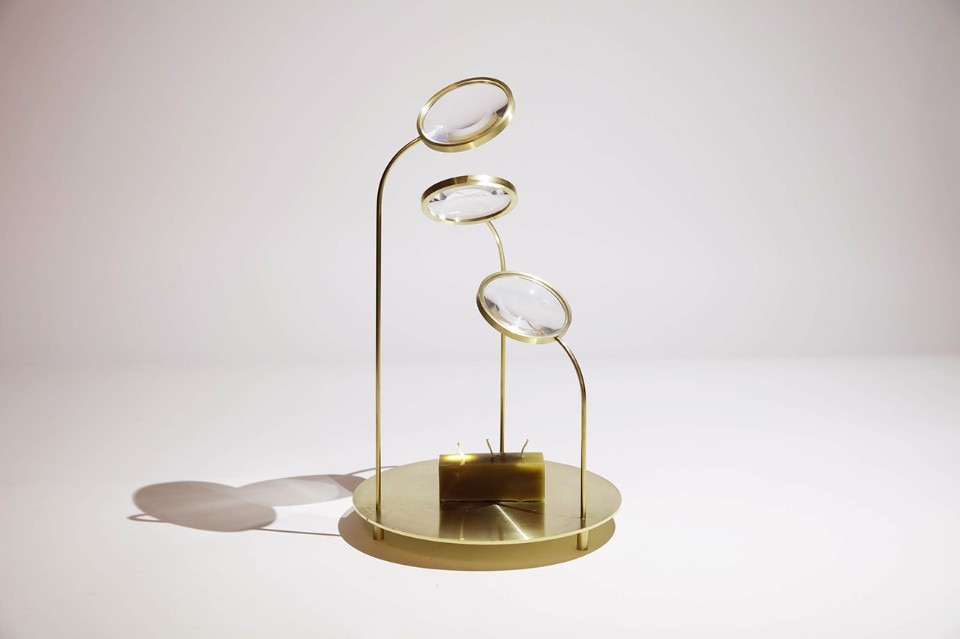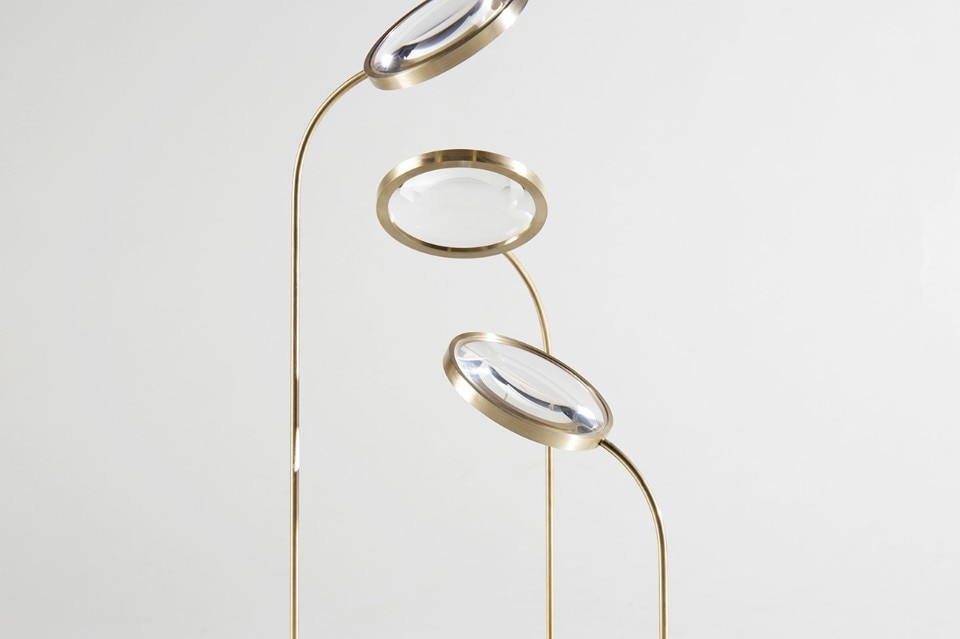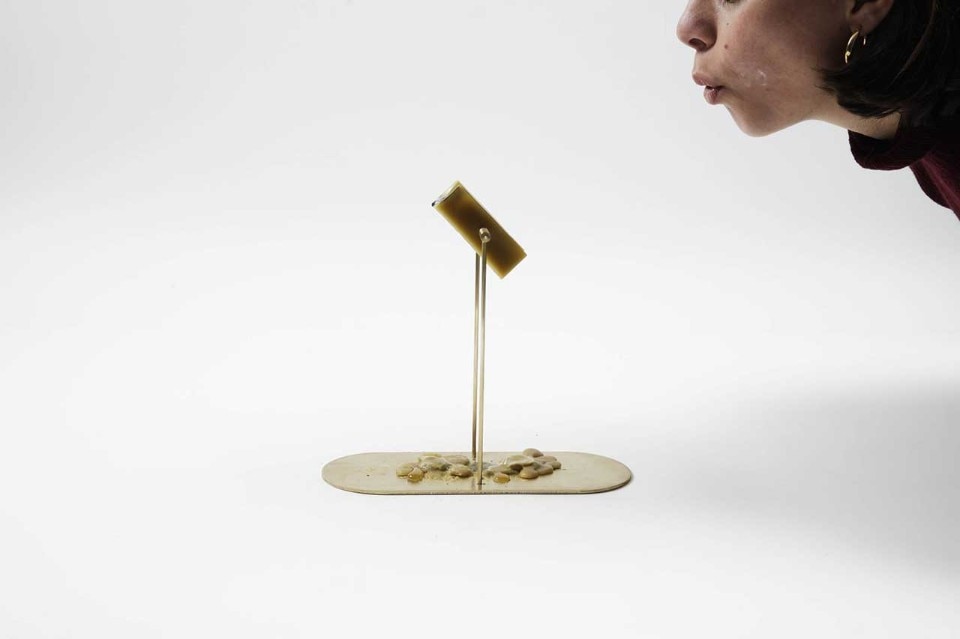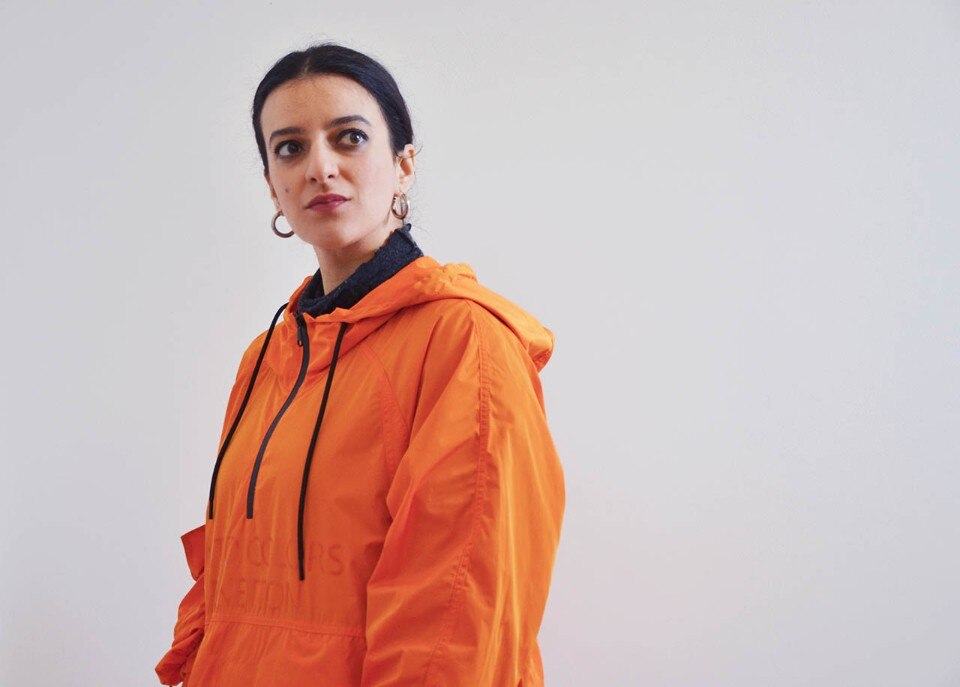Sicilian by origin, a failed engineer who finally graduated from the Royal College of Art, the young designer Martina Taranto defines herself as an innovator keen on the environmental dimension and interdisciplinary contamination. Like others of her generation, Taranto focuses on the process rather than on a specific formal outcome - "I never draw, it has always been a limitation to me ", she tells us - to give objects a sort of will of their own, free not only from a predefined aesthetic, but also from the ambition to affirm themselves over the long term. Metaphors, we could say again, able to teach us a new relationship with temporality and coexistence in space.
"It seems to me that the concept of sustainability is a bit obsolete, I dare say. Very often we connect it conceptually to something that is recycled, reproposed, reinvented. However, I find that in this historical moment, we have to think not about how to use the materials we already have, but about finding paths and processes that are truly integrated into nature, cyclical". This ethical imperative is met by the need to identify an end of life for objects that coincides with a sort of peaceful dissolution, as happens in his project "Viral Nature_The Echoes Series", scheduled in the spaces of Ventura Future at Milano Design Week 2020. Inspired by the classical forms of Greek times, this series of outdoor furniture is made of a special organic substrate that is ideal for plant growth. Integrating into the pre-existing plant ecosystem, they end up collapsing and being reabsorbed by the ground: "leaving space, with a movement of generosity," says Taranto, "to what comes next”.
Finalists at the Arte Laguna Prize, the objects of the "Relativistic Objects" collection invite instead to recover a perception of time freed from the continuous comparison with electronic devices. Thought of as a series of exercises to stimulate our sensory perception - think, for example, of the effect of a candle that cannot be extinguished and that requires us to watch it consume until the end of the flame - the objects lead us back to the direct experience of time rather than its use. An invitation to rediscover our own awareness and centrality, once again training us with the cyclicality of the objects that accompany our everyday life.


